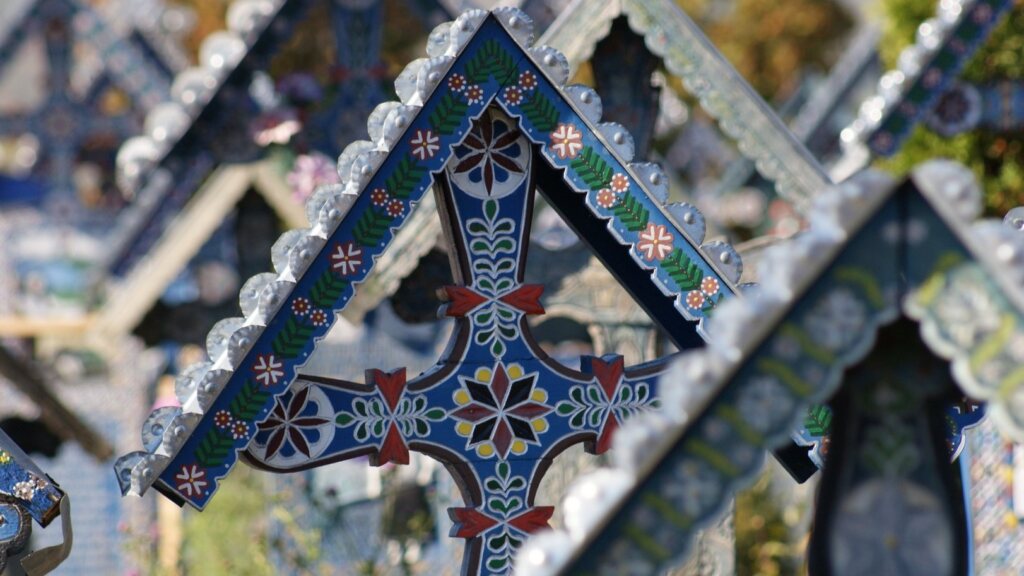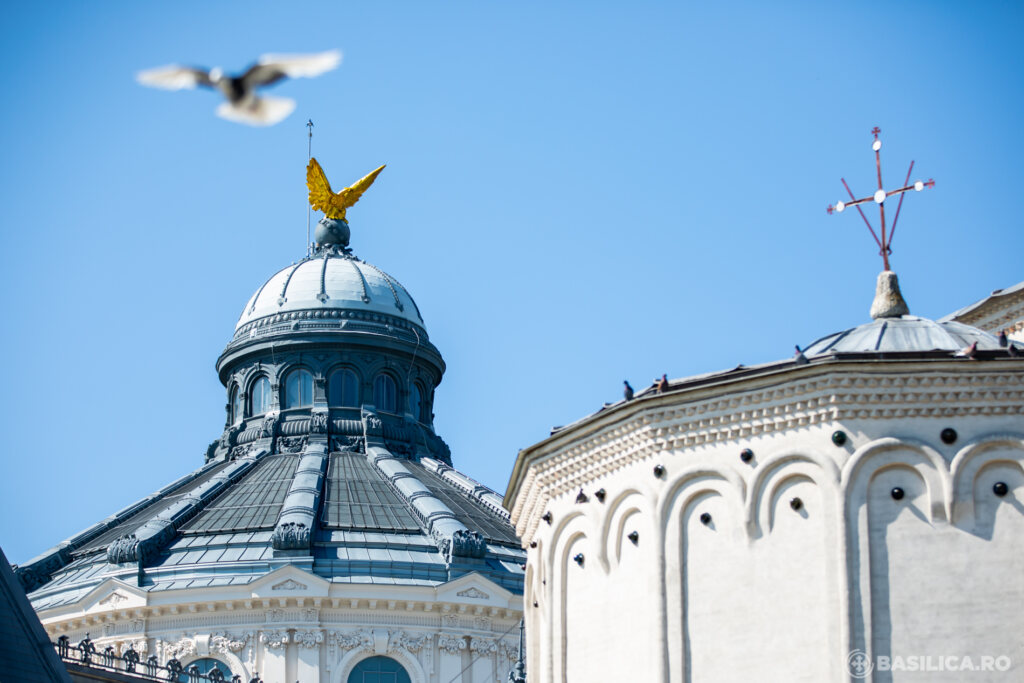At the European level, October 18 is dedicated to the fight against human trafficking. On this occasion, we remember that harming human dignity, exploitation, or abuse were not absent even from the lives of the saints, people whom we currently honour as role models.
The best-known example is that of Saint Nicholas, Bishop of Myra of Lycia. Still, two other female saints could quickly receive the patronage of victims of modern slavery and human trafficking.
Saint Theodora the Empress
The life of the child Theodora, the future wife of Emperor Justinian I, was not very joyful.
Theodora was born around the year 500 in Constantinople, in the family of an animal keeper, at the circus in the imperial capital. Theodora and her two sisters were left fatherless and had to beg in the circus arena not to die of hunger.
Theodora then became a circus dancer and later an actress, at the same time leading an easy life. After a few years, she gave up that life and moved to a house near the imperial palace, where she earned her living by spinning wool. She came to the attention of Emperor Justinian and became first his mistress, then his wife.
From this position, she became a defender of Christian morality and exploited women. Theodora influenced the emperor to enact a law to combat human trafficking. Following this law, many girls were released in Constantinople at the initiative and through the direct involvement of the empress. There were girls even ten years old or younger forced into prostitution in the city.
Feast day: November 14
Saint Nicholas
In the 4th century Patara (a city on the southwest coast of Turkey), there lived a nobleman who had become impoverished and could no longer obtain the necessities of life. Having three gorgeous daughters, he thought of selling them into prostitution.
The man’s intention had reached the ears of Saint Nicholas, a simple priest at that time. Father Nicholas went to his house at night and secretly threw him a bond with three hundred gold coins to not be proud of himself and not humiliate the girls’ father. He immediately cared for his household needs and then engaged his eldest daughter.
The synaxaria recall that the saint helped the father in this way for three days in a row to marry his three daughters. On the third day, he was followed and discovered by the man who thanked him for his alms and for saving him from his evil intention.
Feast date: December 6
Saint Philotei of Athens
Her birth name was Revoula, and she lived in 16th-century Athens.
Revoula was forced into a young marriage (she was 12-14 years old), a marriage that proved to be abusive and cruel as she often suffered beatings and abuse from her husband.
After her husband’s death, she entered monasticism with the name Philothei. She founded a nunnery and was concerned with buying the freedom of young Greek women whom the Ottoman Turks enslaved. At her monastery, she provided refuge for four enslaved women forced into the harems, for which Ottoman mercenaries severely beat her.
The injuries caused her to be immobilized in bed and eventually to die.
Feast day: February 19






